Editor’s Note: Find the collection of coronavirus coverage on BlackLove.com here.
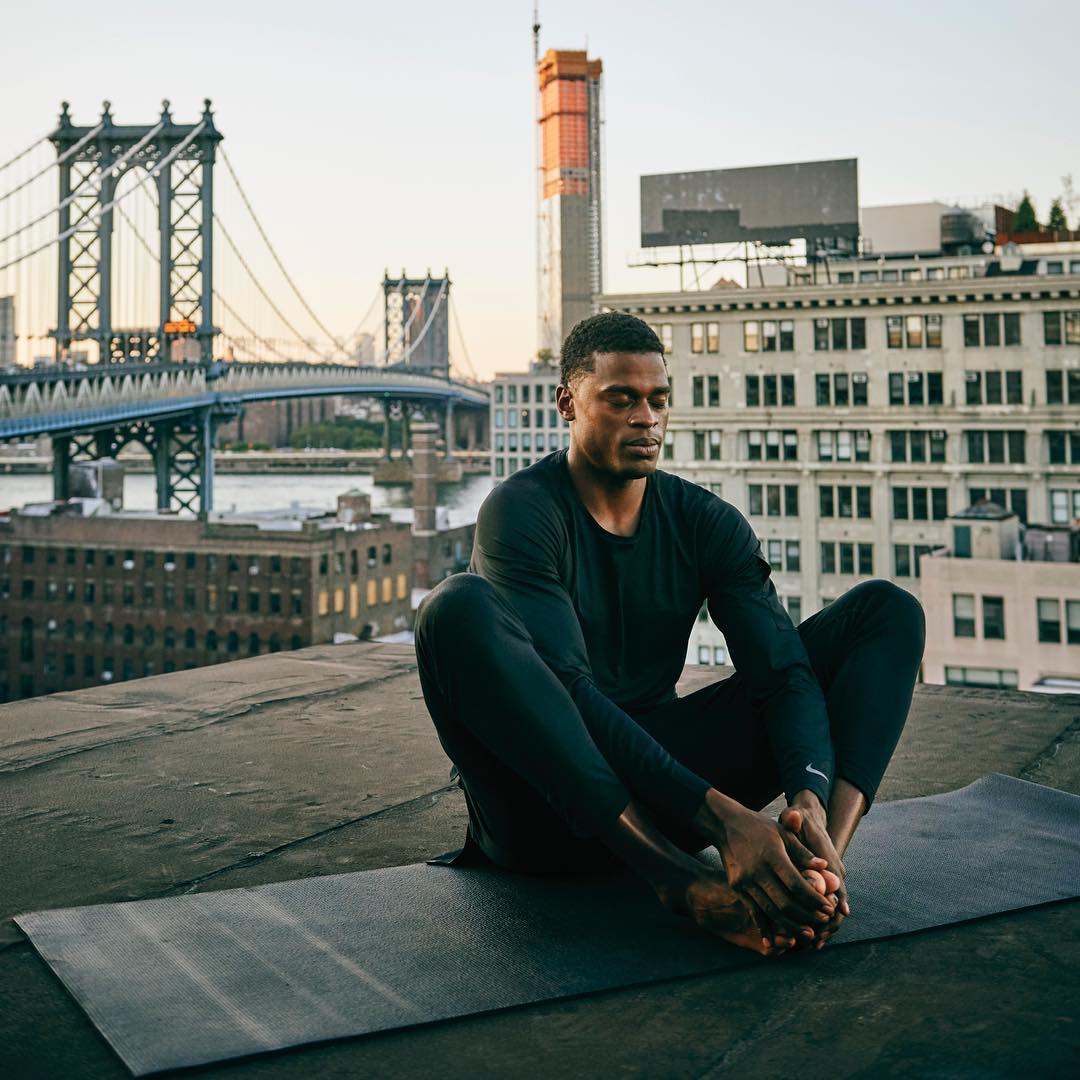
World-renowned performance specialist and Nike master trainer Joe Holder has built an indelible footprint in the health and wellness space. With an extensive list of celebrity clients, including Naomi Campbell, Heron Preston, and Virgil Abloh, he is the go-to guru for all things fitness and the embodiment of living a holistic lifestyle. Joe’s specialties have made him a highly sought after personal coach with an ever-growing following, especially on Instagram with more than 110k in counting.
Promoting progress and productivity through physical activity, as the founder of “Ocho System,” his philosophy for pushing the needle forward is based on building “A human design system for modern wellness.” Equipped with tools and techniques to navigate life’s challenges, the New Jersey native offers ways to move away from being mindless to being mindful in the current climate of COVID-19.
Free Meditation and Mindfulness Tools in the Age of COVID
I’ll be the first to admit it isn’t easy. I’m currently in New York, lowkey the epicenter of the COVID-19 crisis in the United States. The death toll in this area, nearly 20,000 at the time of writing this, is absurdly high compared to the rest of the country and currently makes the state the majority of deaths. However, it isn’t just even the deaths but the total shift in life it has caused. Fortunately we know that COVID-19 will eventually pass, but as we see with many protests taking place across the country calling for the removal of shelter-in-place orders, we all don’t agree on the best way to get there.
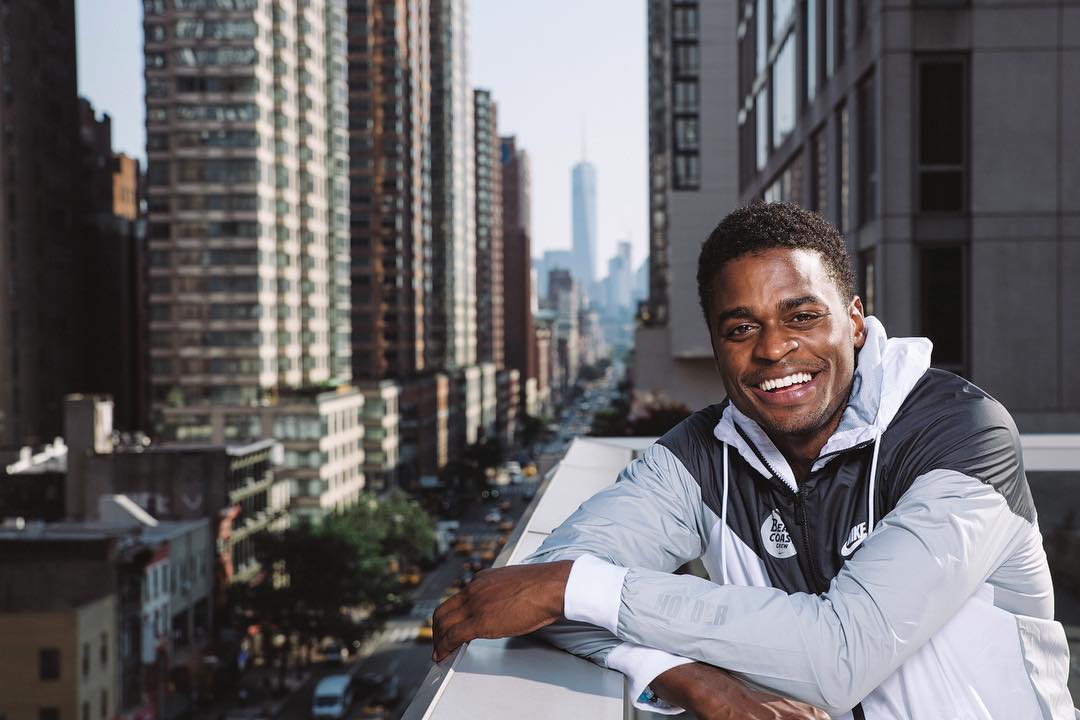
The lone-wolf, hustle-culture persona isn’t relevant now. We’re yearning for the moments of spending time with friends that we may have wanted to cancel plans on. Humans are a social species and we’re not made to be alone, but the inability to be alone with one’s mind and internal thoughts can be disheartening. My fear then becomes, as many other experts believe as well, the second pandemic post COVID-19 is one of mental health ailments, which is not just a concern in the States, but worldwide.
Related: Ways to Balance Your Mind, Body and Soul During Social Distancing
Technology is useful for connection, but it also contributes to this feeling of disembodiment, which leads to a reduction of one of our senses called “interoception.” Essentially, we should be able to adequately understand the messages that our body is telling us internally and decipher our emotional states or something even as simple as knowing when to breathe more deeply because our heart is beating quickly. But because we spend so little time regulating ourselves and our attention is pulled in various ways due to constant stimuli, including technology, we struggle. While the research is young, this lack of balance in interoception has been linked to various health ailments such as uncontrolled anxiety and depression.
So social media is great and helps us connect to others but what good, and truly how, can we connect to others if we haven’t even fully connected with ourselves?
All this to say, we have more time than ever to deal with our thoughts. It’s on us to deal with who we want to become and to create a better future for ourselves. This inability to understand and connect with our minds is dangerous and it is time to move away from being mindless to being mindful.
Meditation vs. Mindfulness
How do you get mentally and emotionally fit? While many people think meditation and mindfulness is all about sitting still and trying to “not think” I want to offer just a few helpful tips that have opened my eyes into this practice. I treat mindfulness as the ability to immerse myself completely in the task at hand, similar to a flow state. Think Michael Jordan when he dropped 63 points on the Celtics in ’86 (who else is watching “The Last Dance”?!).
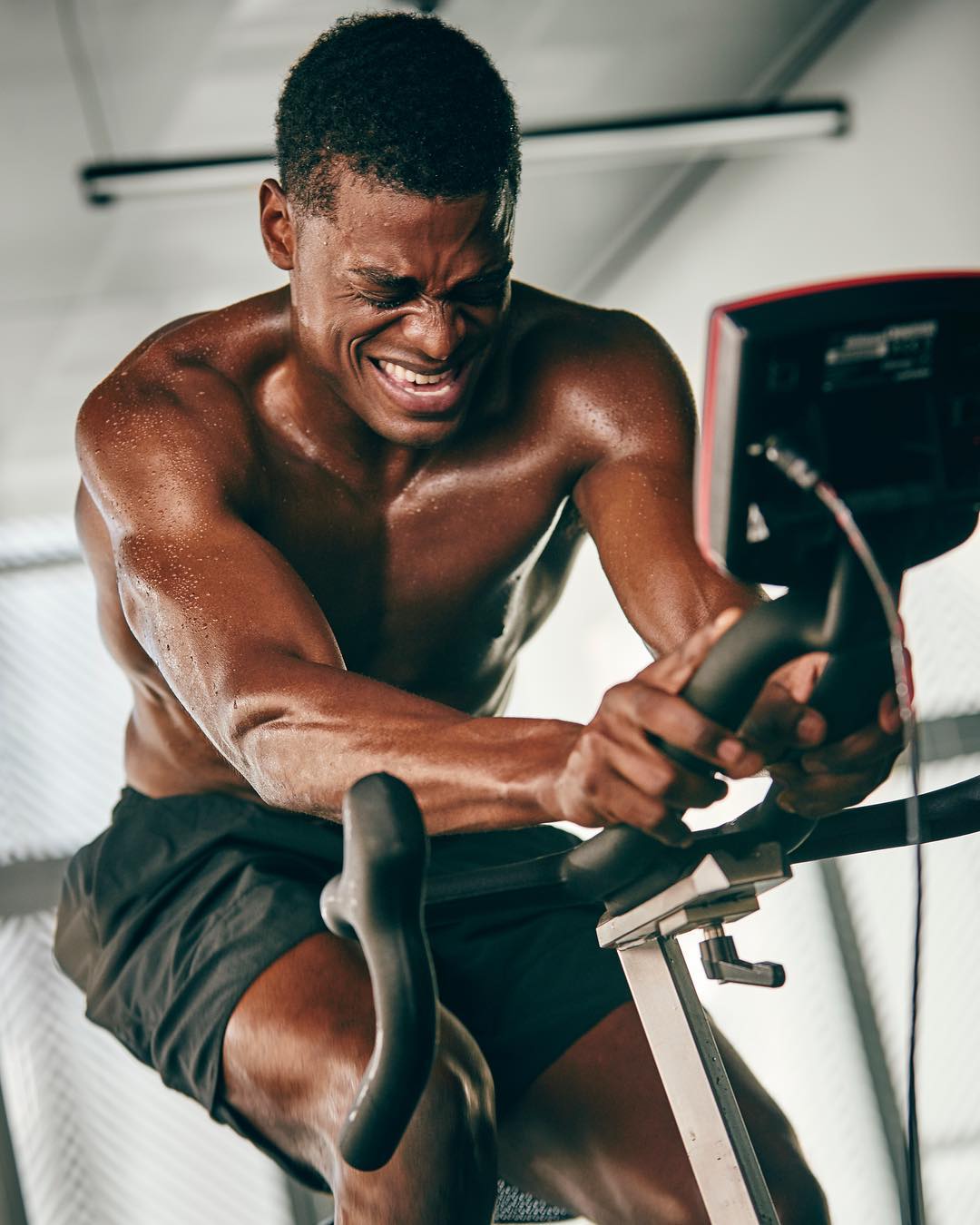
It’s just concentrating, without too much or too little effort, on what is occurring and being able to be fully present. Increasing my mindfulness typically leads to a feeling of full immersion in my daily activities without feeling forced. Mindfulness then is a state of being, not simply a practice in being still, which is a vital distinction.
You can be mindful when you wash your hands or in every conversation. Mindfulness, which can be found within many apps, helps you get better at transferring a state of mind to become a state of being. You may be guided by your breathing. Others might be guided by following sensations in your body. Eyes could be closed or eyes could be open. Mindfulness practice is not a standard “one size fits all,” so that’s why one should try various options. Explore and discover what works best for you.
Related: Self-Care for the Whole Family in the Time of COVID-19
Remember the goal is to improve how you operate after you finish the practice so you can get back to the game of life and incorporate it into your standard state of being. You may become calmer. Others may be more productive. Some might even feel more joyful. Being more mindful has minimal drawbacks and typically leads to an increased state of gratitude, which we can all use right now, a bit Jordan in ‘86 energy.
Meditation on the other hand is a bit different and includes a state of going above the clouds of the foggy mind to become less reactive. Imagine a set of interconnected roads that create a highway. Mindfulness is the ability to drive the car so well that you’re never stuck in traffic. Meditation is the practice of rising above the traffic, studying the patterns of the roads without judgment, directing where the traffic is going, and changing the orientation of the roads for your own good even before you begin to drive.
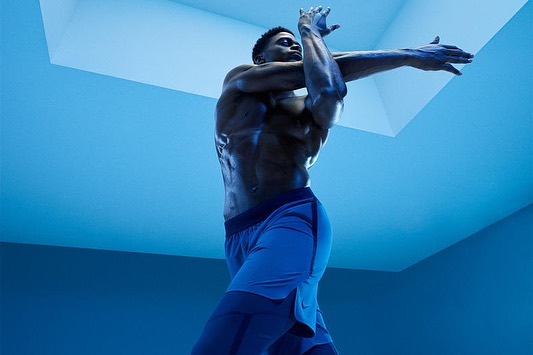
Meditation helps you recognize your mind for what it is and orientate for best results. Mindfulness allows one to be fully in their mind from moment to moment. If the roads are poor it doesn’t matter how well you drive. Meditation helps me improve my base level of observation, the possible faults in the road that are often masked by rushing through daily life. Mindfulness becomes more purposeful.
Mindfulness and meditation are interconnected since mindfulness is a type of meditation, so this isn’t a black or white dichotomy. However, there are other forms and practices you can try that can help.
To help us deal with the COVID-19 crisis now and the internal crisis which is part of this journey of life, I compiled a few meditation and mindfulness apps/tools that could be of benefit. My favorites that have helped me are Insight Timer and UCLA Mindfulness but please find what works for you.
I hope you enjoy and you can find them, with links, below.
Note: in case you want this as a guide, it is also listed on Instagram or a downloadable pdf. Lastly, if you liked this piece check out why I think positive thinking is “overrated” here.
Meditation/Mindfulness Apps + Services
Headspace: Offering free premium to healthcare workers, as well as a new collection called “Weathering the Storm,” curated for NYC, but free for everyone. It includes meditations, sleep and movement exercises.
Ten Percent: Free premium subscription for healthcare workers, website now includes a section for dealing with COVID-19, including “Daily Live Sanity Break” videos. If you are not a healthcare worker, the Basics course is free (which includes guided sessions), along with daily highlights which now include some specific ones for dealing with coronavirus.
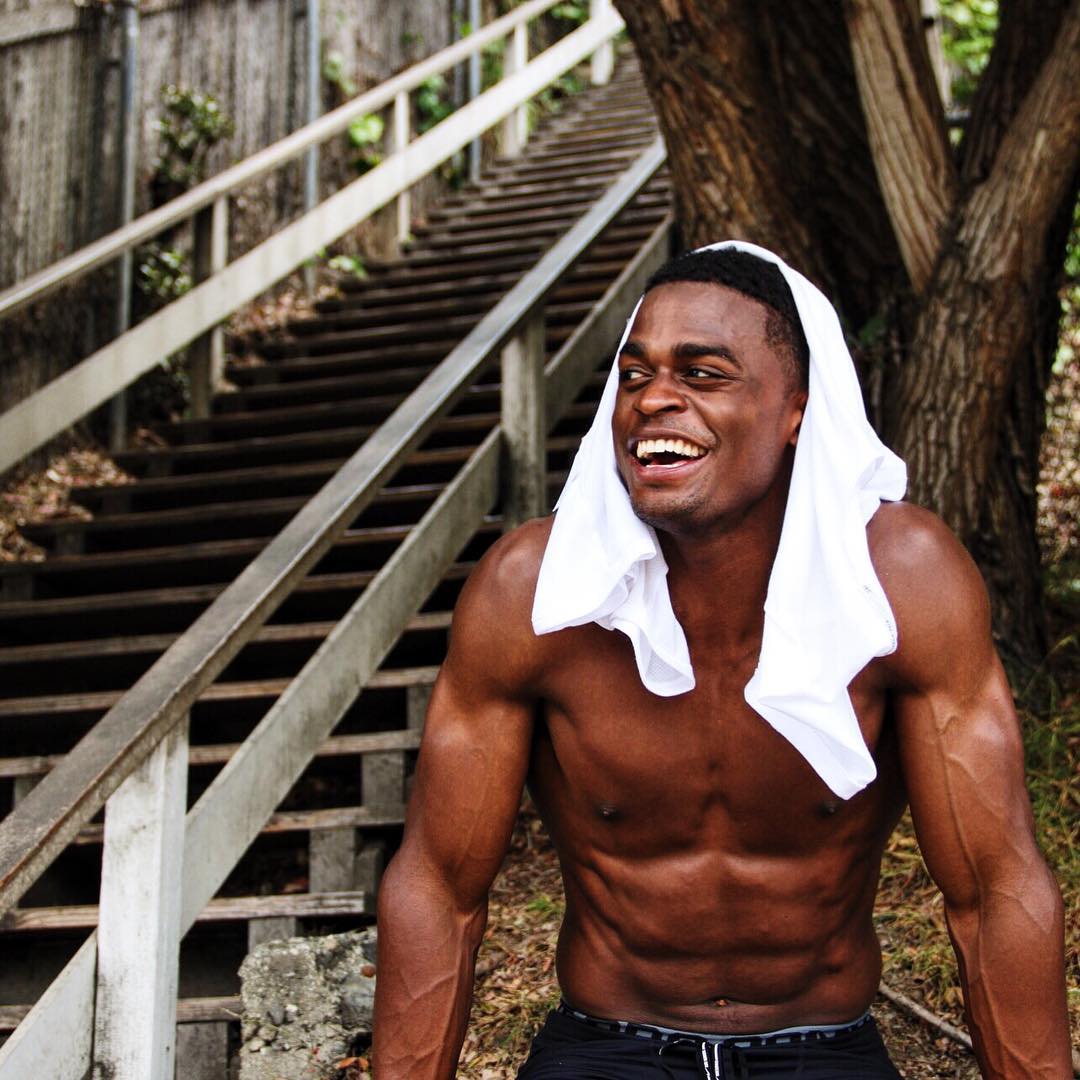
Calm: Curated a full page of resources for dealing with COVID-19 which you can find on their website without even having to download the app or sign up. Includes guided meditations, stretching exercises catered toward those working from home, resources for kids, calendars with mindfulness activities, conversations about kindness and creativity, and is available in many languages.
Insight Timer: Always free for over 30k guided meditations. Premium support has a free 30-day trial.
Smiling Mind: Already a free app, but now includes a COVID-19 resource page with simple tips on self-care and grounding in panic. Very kid-friendly (the app was originally designed for children and young adults) so if you have a child in your life check it out.
UCLA Mindfulness: Always free, research-based approach. Offers basic meditations in English and Spanish and podcasts from the Hammer Museum, now held over Zoom.
Simple Habit: App focuses on five-minute sessions to help everyone develop daily habits with a busy schedule. Copy of online resources for combatting stress/anxiety around coronavirus. Access by creating a free account. Offering free Premium membership to those who lost their income/are financially impacted due to the pandemic, just send them an email.
Balance: Personalized meditation app. Currently available on iOS only
Sanvello: Digital care delivery platform including mood tracking, assessments, coping tools and peer support. Offering free premium through the COVID-19 crisis with even more tools if your insurance qualifies.
Wave Meditation: Music-based app. Recently began partnering with brands, including Y7 Studio, to curate and promote anti-anxiety music and meditation playlists for free.
This article was originally published on Medium.















JOIN THE CONVERSATION